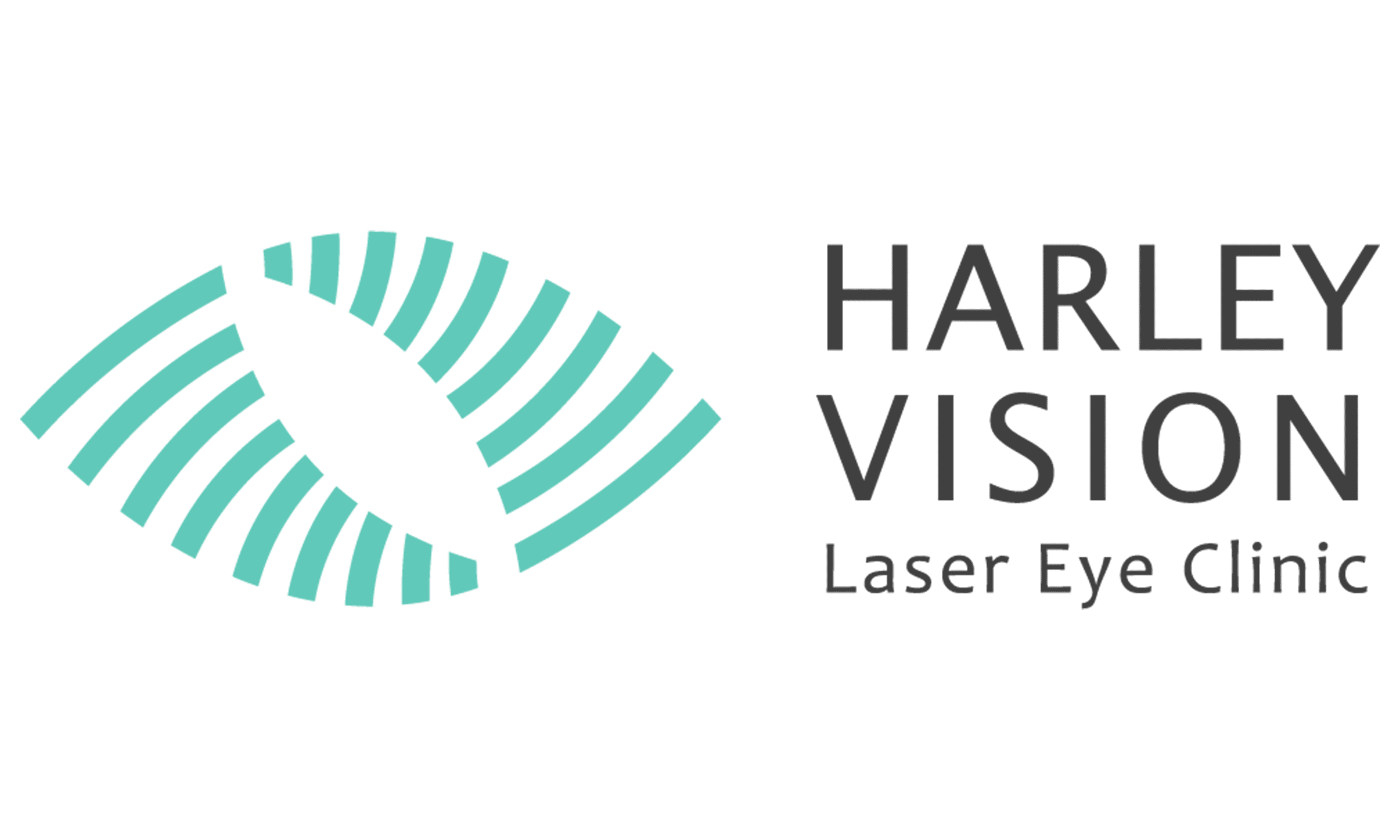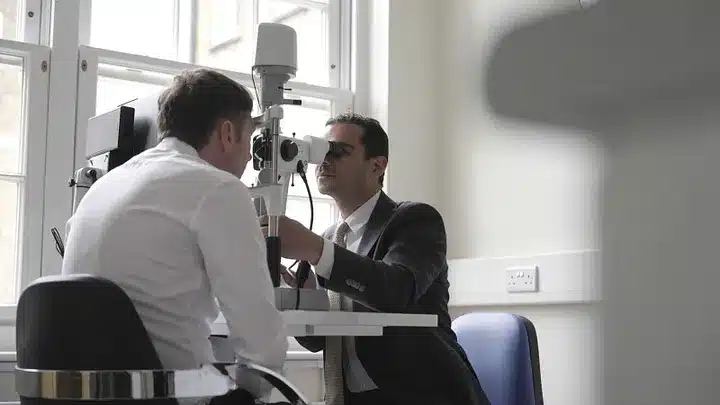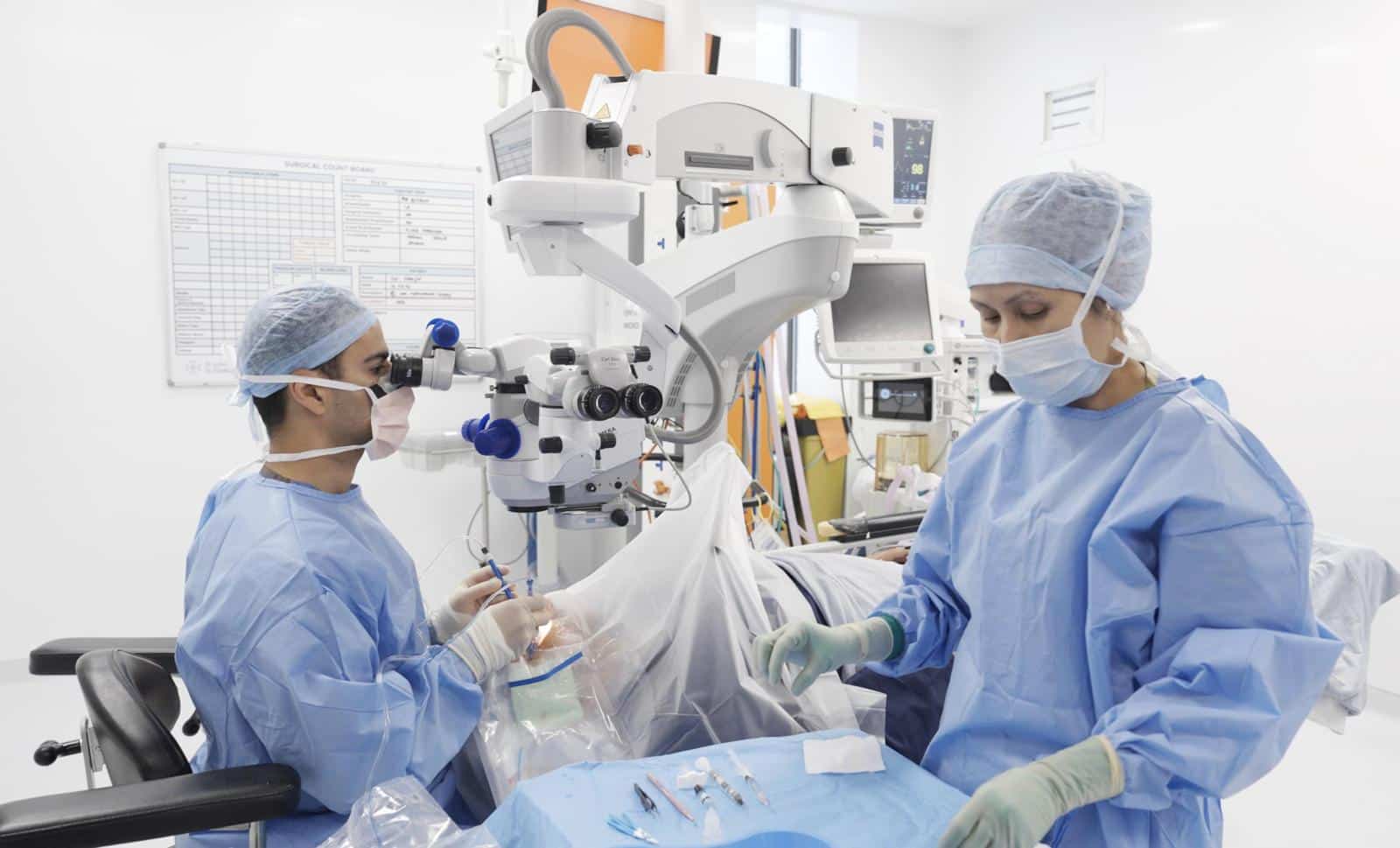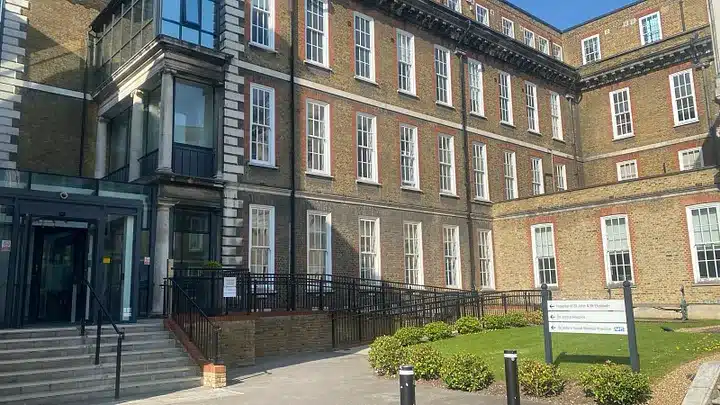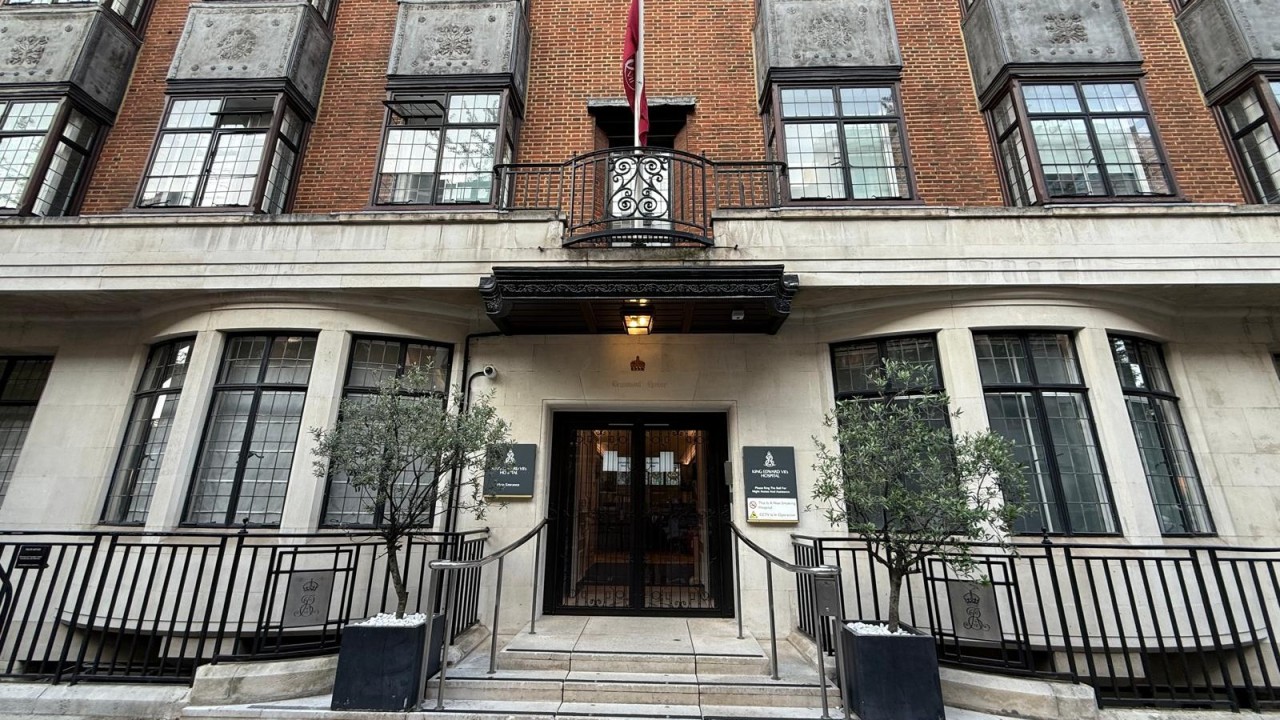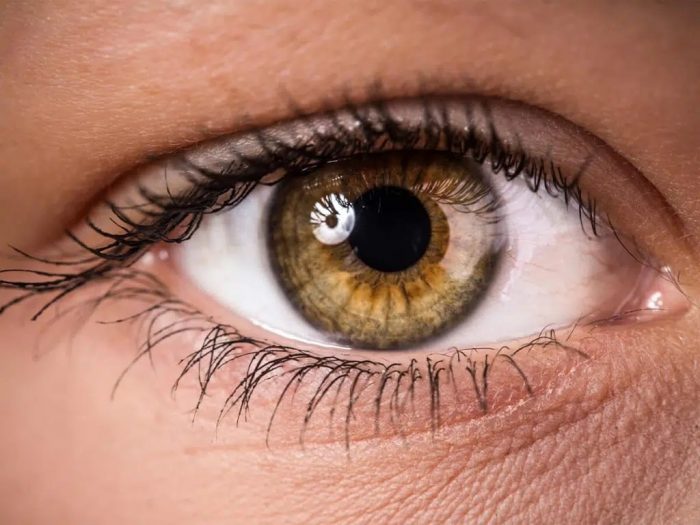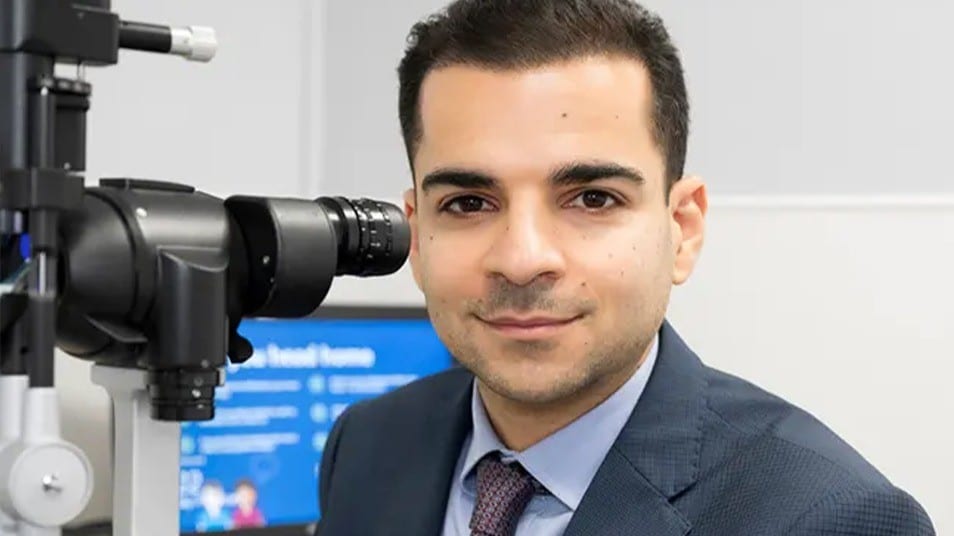What is 20/20 (or 6/6) Vision?
Achieve Your Best Sight with Advanced Vision Correction at Harley Vision London
Harley Vision | Trusted Experts in Laser Eye Surgery and Vision Correction on Harley Street, London
You’ve undoubtedly heard the terms “20/20 vision” or, in the UK, “6/6 vision.” But what do these numbers actually mean — and more importantly, how can you achieve this level of vision clarity?
At Harley Vision London, located on the prestigious Harley Street, we specialise in helping patients of all ages unlock their best possible vision through cutting-edge, personalised surgical solutions.
🔎 What Does 20/20 (or 6/6) Vision Actually Mean?
These terms represent a benchmark for normal visual acuity — the clarity or sharpness of your eyesight at a specific distance.
-
In the UK, 6/6 vision means you can see at 6 metres what a person with normal vision should see at 6 metres.
-
In the US, the same concept is referred to as 20/20 vision, measured in feet.
Examples:
-
If you have 6/12 vision, it means you must be 6 metres away to see what a person with normal vision sees from 12 metres — i.e., your vision is below average.
-
6/4 vision means your eyesight is better than average — you can see at 6 metres what most people must move closer (to 4 metres) to see.
👁 Can Vision Correction Surgery Help You Achieve 6/6 Vision?
Absolutely. Thanks to modern technologies, most patients can now achieve — or even exceed — 6/6 (20/20) vision. Many go on to live without the need for glasses or contact lenses.
At Harley Vision, our renowned surgeons and advanced technology allow us to tailor each treatment to your eye’s unique characteristics — whether you’re short-sighted, long-sighted, have astigmatism, or presbyopia.
🛠 Types of Vision Correction Surgery at Harley Vision
We offer a range of safe, effective surgical options — from laser-based procedures to lens-based solutions — based on your prescription, age, and lifestyle.
1. Laser Eye Surgery (LASIK, PRK, SMILE)
👤 Ideal for ages 18–45
-
Corrects: Myopia, Hyperopia, Astigmatism
-
Uses advanced laser to reshape the cornea
-
Virtually painless and fast recovery (often within 24–48 hours)
-
Most patients achieve 6/6 or better vision
-
SMILE offers a bladeless, flapless alternative
2. Implantable Collamer Lens (ICL) Surgery
👤 Best for patients under 45 not suitable for laser surgery
-
Ideal for very high prescriptions or thin corneas
-
A thin, biocompatible lens is implanted in front of the natural lens
-
Reversible and invisible to others
-
Offers high-definition 20/20 vision, often better than with glasses or contacts
3. Refractive Lens Exchange (RLE) / Lens Replacement
👤 Perfect for ages 45+ with presbyopia or early cataracts
-
Replaces your natural lens with an advanced intraocular lens (IOL)
-
Treats age-related reading difficulties and prevents cataracts
-
Multifocal, trifocal, and EDOF lenses provide clear near, intermediate, and distance vision
-
Often removes the need for both reading and distance glasses
🧠 Why Vision Correction Technology is Better Than Ever
In just the past few years, surgical eye care has undergone remarkable advances:
-
Topography-guided LASIK: Customised to your eye’s unique corneal map
-
Wavefront-optimised PRK: Enhanced accuracy and night vision
-
SMILE: Minimally invasive, no corneal flap
-
New-Generation ICLs: Now feature central ports (no iridotomy needed)
-
Multifocal & EDOF Lenses: Provide a full range of vision after lens surgery
-
AI-Enhanced Diagnostics: Increase safety and predictability in surgery
These advances mean more people are suitable for surgery, with faster recovery, greater safety, and exceptional outcomes.
📊 Who is Eligible for Vision Correction?
| Age Group | Recommended Procedures | Common Vision Problems |
|---|---|---|
| 18–40 | LASIK, SMILE, PRK, ICL | Myopia, Hyperopia, Astigmatism |
| 40–55 | ICL, RLE, Laser Blended Vision | Presbyopia, Early Lens Changes |
| 55+ | RLE, Cataract Surgery (if needed) | Cataracts, Reading & Distance Vision Decline |
Book a Free Assessment to discover your best-fit solution.
❤️ Hear from Our Patients: Real Harley Vision Reviews
“I am a consultant surgeon and I needed an important eye operation. The team at Harley Vision are exceptional… Outstanding care and result!” – Dr Alex, UK
“Friendly staff, called me by my name… exactly what was promised, no surprises.” – Gary, UK
“ICL surgery has been life-changing. Mr. Bizrah is a highly skilled surgeon.” – Aisha, UK
“I was nervous, but the team reassured me. Now I have perfect vision!” – David, UK
“Wonderful treatment. Wonderful result. Dr Bizrah deserves all the credit.” – Raymond, UK
These are just a few examples from our Trustpilot page. We’re proud to provide world-class care and outcomes for every patient who walks through our doors.
❓ FAQs: Your Questions Answered About Vision Correction in the UK
What are the main types of vision correction surgery available in the UK?
Laser eye surgery (LASIK, PRK, SMILE), Refractive Lens Exchange (RLE), and ICL surgery.
Learn more
How do I choose the best type of surgery for me?
It depends on your eye health, age, and goals. At Harley Vision, we tailor your treatment after a detailed consultation.
What are the potential risks?
Minor risks include dry eyes or glare; serious complications are rare at specialist clinics like Harley Vision.
How long do results last?
Most are long-lasting or permanent. RLE prevents future cataracts, while ICL can be removed later if needed.
What does it cost, and do you offer financing?
Laser surgery: £2,500–£6,000 for both eyes.
RLE/ICL: £6,000–£8,000.
Financing options are available.
How should I prepare for my consultation?
Bring your glasses/contact lens prescription and a list of your questions.
What happens on the day of surgery?
Arrive 1 hour early, procedure takes 15–30 minutes, and you’ll go home the same day with clear instructions.
What is the aftercare process?
Use prescribed drops, avoid rubbing your eyes, and attend follow-ups. Our team will guide you every step.
Can astigmatism be corrected?
Yes — all our laser, IOL, and ICL options are effective for astigmatism.
Are there age limits?
Laser surgery: 18+ with stable prescription
ICL: 21–45 years
RLE: 45+
Final suitability depends on assessment.
✅ Book Your Vision Correction Consultation in London Today
If glasses or contact lenses are affecting your daily life, there’s no need to wait. Experience state-of-the-art eye surgery with Harley Vision.
📍 Location: Harley Street, London
📞 UK: 0207 030 3181
🌍 International: +44 207 030 3181
📧 Email: [email protected]
📅 Book your consultation here
